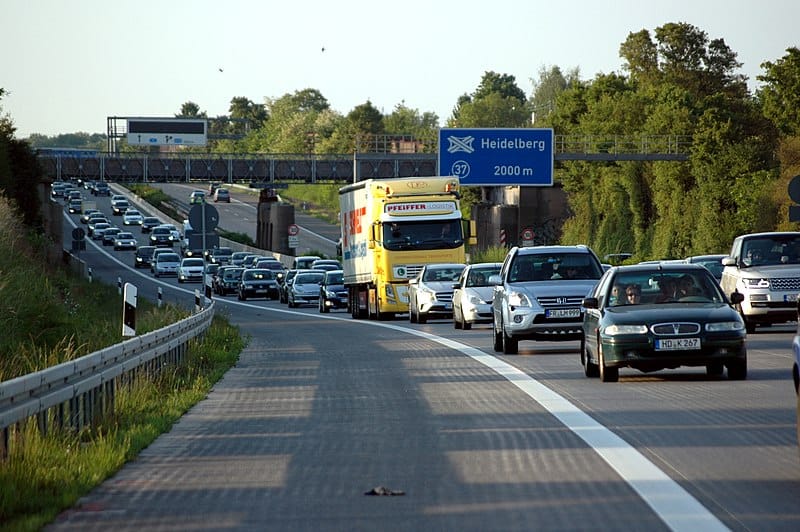The Border Gateway Protocol is an important part of our internet infrastructure. It's essentially a big set of rules that govern how data is routed around the many networks that form the internet. If DNS is the address book of the internet, BGP is the Autobahn.
For the longest time, BGP ran on trust and a dedicated community of operators, however this means that it left opportunities for abuse. A famous example is when Pakistan Telecom pretended to be Youtube for a while because they wanted to block the website in their country, but since they abused BGP they ended up making Youtube unavailable around the world. There has also been a couple of high profile BGP hijacks that aimed to steal cryptocurrency.
I just read George Michealson's blogpost on the APNIC website, which talks about how a recently published FCC draft is causing alarm in the technical community about potential regulation coming to the BGP space. It even prompted a response from ISOC. George Michealson notes that despite the protests, regulation is very likely, noting:
"However, when it comes to BGP security and the potential risks posed to the state, the light-touch approach may reach the limits of risk that a government is prepared to accept without intervention."
read the full blogpost for more details
It made me wonder, what about BGP regulation coming from the EU? They've certainly haven't been shy about technology regulation the past couple of years, especially when it comes to security. I scoured all the resources I can think of, but I can't find anything public for now. However ENISA, the EU's cybersecurity agency, seems to be on top on things. The topic of BGP and RPKI (a security feature for BGP) was featured earlier this month at the ENISA Telecom & Digital Infrastructure Security Forum 2024, presented by Jad El Cham of RIPE NCC.
As far as I can tell, I haven't found any references to BGP regulation coming from the union, but it's worth noting that there is already existing regulation that empowers ENISA and national authorities to supervise the same type of BGP security measures that the FCC is now considering, based on the European Electronic Communication Code (EECC) as well as the Network and Information Systems (NIS) Directive. As covered in this ENISA publication
This work on BGP security was done in the context of Article 13a of the Framework directive, which asks EU Member States to ensure that providers take appropriate security measures to protect their networks and services. For the last decade, ENISA has collaborated closely with the EU Member States and experts from national telecom regulatory authorities (NRAs) which
supervise this part of the EU legislation, under the ENISA Article 13a Expert Group3.
ENISA- 7 Steps to Shore up BGP
That seems to indicate to me that the regulatory need might be a bit different in the EU than the US, but I wonder if still heavier regulation for BGP might be in store depending on how the FCC process goes.
Do you know more about the EU's plans in regards to BGP regulation? I'm interested in learning more, please comment or reach out.
More on BGP:
- ATHENE, the German Center for Applied Cybersecurity recently hosted a lecture by Amir Herzberg, professor at University of Connecticut, on BGP-iSec, an enhancement of the BGPsec protocol for securing BGP.
- BGP also provides lots of valuable data that helps us understand the internet. This recently published paper by the GILL project proposes a system for dealing with massive amount of redundant data BGP provides.
- Speaking of the EU and BGP, I found this mastodon post to be very funny.
- To underscore the importance of BGP, OpenBGPd was one of the first projects STF approached for its pilot round in 2022. It's an open source implementation of the BGP protocol, allowing anyone to participate in the BGP system.
